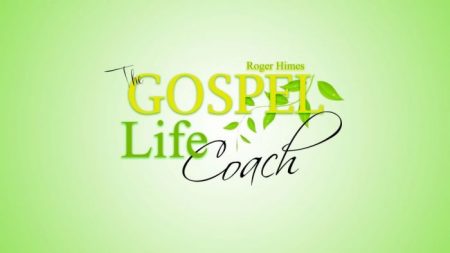3. The Parable of the Mustard Seed
–

Roger Himes
The Parable of the Mustard Seed
Matthew 13:31-32, Mark 4:30-32, Luke 13:18-19
The element Jesus uses here to teach by is the mustard seed. It of course has importance as the smallest seed known.
–
–
But our focus is not to be on the seed, but on the element of truth that we can see in the seed. This is called teaching by ‘word pictures.’ We still think today about planting seeds, and pulling weeds, which is the subject of the first two parables we looked at. These parables show us how life works when we live God’s gospel truth, or how life doesn’t work very well if we choose not to live it, but believe something else. Today, we still think in terms of growth, and even in terms of evil influences that can hamper or even destroy God’s growth in us.
–
This parable is in three gospels, but Matthew gives us the most detail, especially with the parables that both precede it and follow it: (1) the parable of the weeds and the wheat, and (2) the parable of the leaven. They all say the same thing in different ways, so we attain a more complete understanding.
–
Here, Jesus uses a shrub or tree growing from a seed (see John 12:24). This represents our growth in the things of God, which is also seen in the Old Testament (see Ezek 17:23, Dan 4:11-21). The seed’s growth is influenced by evil, as depicted by weeds in the prior parable, and as birds in Matthew 13:4, 19. Such influences dilute our growth in Jesus.
The point here is that we begin small but grow large in God’s gospel truth. The mustard seed is the smallest seed, and it is all we need of God’s gospel truth because it grows into a huge tree — if its seed is planted in us. It is called 30, 60, and 100-fold, as we saw in the Parable of the Sower. Jesus says, “To everyone who has, will more be given, but to him who doesn’t have, even what he has shall be taken away from him” (Luke 19:26). This basically means, the more gospel truth we’re willing to absorb, the more we’ll be given.

The reason Jesus wants us living his gospel truth is because it then consumes us and gives all the good things of God’s Kingdom. God even gives us his Holy Spirit to show us all the good gifts that he gives us, and so we don’t miss any of them (I Cor 2:12).
–
Living in his gospel truth, we are honoring God, and show that we place our trust in him. If we don’t honor God, then we must honor others more as we believe their theology, preaching and opinions. Jesus says if we listen to other preachers and trust them, it damages our ability to believe his truth (John 5:44).
–
Jesus says his gospel is so important that we must repent of all other beliefs and only believe it (Mark 1:15). It is so important to Jesus that he commissioned Paul to continue on with this gospel message after the cross. Jesus spent three years with Paul alone in the desert explaining all aspects of the finished work of the cross to him (Gal 1:11-15). Then Paul spent another 14 years learning the gospel more on his own (Gal 2:1). Then Paul was even given a special conference with God in ‘the third heaven’ on the subject (II Cor 12:1-4).
–
So, Paul was not creating his own theology, and preaching it. He preached what he was specifically told to preach by Jesus, and by Father God himself: the gospel truth.
Go to Parable Video 4: The Leaven
For a Wikipedia viewpoint: https://en.wikipedia.org/wiki/Parable_of_the_Mustard_Seed


